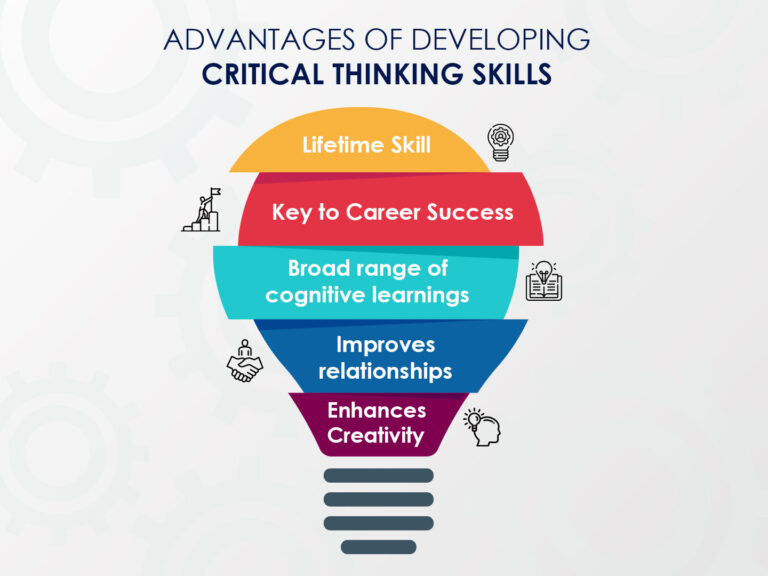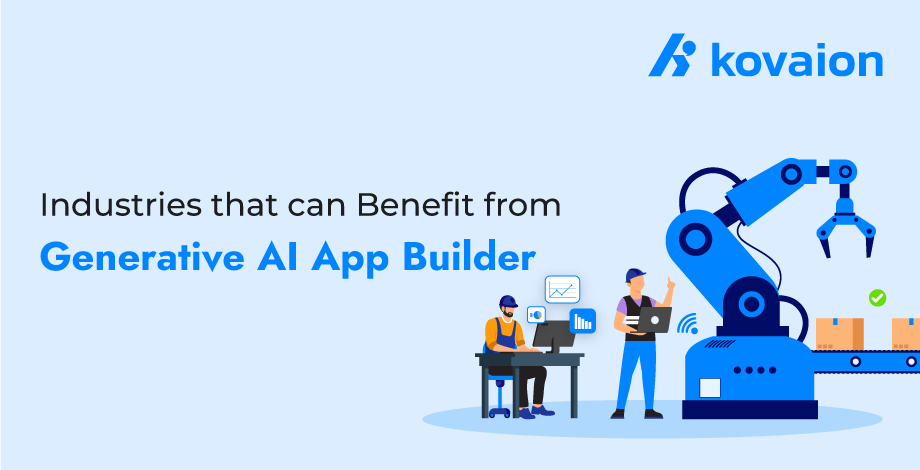
AI is reshaping how we seek and get information. It’s fast, accurate, and changing our daily routines. Today’s AI Q&A tools are like having a personal assistant who knows everything. This shifts our approach from browsing pages to direct querying. Imagine asking a question and getting an instant answer.
The Rise of Intelligent Q&A Platforms
AI is powering a wave of intelligent Q&A platforms. These platforms are growing in popularity due to their ease of use and the quick answers they provide. They are designed to understand complicated questions, breaking them down and presenting precise solutions. A clear improvement from traditional search engines, providing more personalized results. These Q&A platforms learn from massive data sets and improve over time, producing accurate and relevant solutions. A recent Juniper Research report anticipates an annual growth rate over the next five years – the exact amount hasn’t been shown.
How AI is Changing the Way We Ask Questions
AI Q&A is not just about the platform, it also changes our habits. We need to formulate questions differently. This is due to the direct answers approach, avoiding long, time consuming procedures of data sorting. We ask more specific questions for the targeted result, like “What is the weather tomorrow?” or “When does the store close today?”. This kind of change in user-inquiry creates a new demand-supply dynamic for these platforms to accommodate and advance.
Key Players in the AI-Powered Q&A Landscape
A number of tech giants are investing heavily in AI Q&A systems. Google, with its extensive dataset, leads in AI-driven Q&A. Amazon is developing Alexa into a dynamic Q&A platform as well, showcasing its vast research in this field. Other companies are emerging and innovating in this rapidly-evolving sector. An increasing number of players, especially startups, are challenging the industry leaders. According to a Think with Google report, this technology shows promising developments and is poised for more growth and broader user experience.
The Benefits of Using AI for Q&A
Speed is a key advantage. AI can produce answers nearly instantly. This has enormous impact in areas from everyday questions to medical diagnoses. Imagine quickly finding data, solutions, and ideas. Accuracy is also higher, with AI analyzing various sources for the most trustworthy result. It learns and improves through use.
The availability of 24/7 Q&A access is convenient and useful. Another major perk is that it’s tailored to individuals’ inquiries, delivering more accurate responses as it adjusts to specific needs. Overall this system delivers accurate results by analyzing several data sources, which could prove to be beneficial for academic, industrial and other types of inquiries.
Challenges and Concerns of AI-Driven Q&A
Accuracy is not foolproof; the platforms could present incorrect or misleading information. Also, these systems rely on existing datasets; potentially causing biased outcomes based on this training data, affecting accuracy and credibility. Furthermore, privacy concerns are a huge deal. What data are these platforms collecting about us? How do they guarantee user privacy? Trust in technology depends on safety and security. Ultimately, AI systems require oversight, continuous improvement, and a comprehensive understanding.
Top 5 Benefits of AI-Powered Question-Answering
AI-powered question-answering systems are changing how we get answers. They’re fast, precise, and provide unique experiences. Let’s dive into their advantages.
1. Instant Answers
AI systems provide immediate responses, which is a huge plus. No more waiting for results, scrolling endlessly through pages, or going through long reports! AI can quickly pinpoint the info you need, from schedules to facts. Imagine checking your travel plans or looking up information without delay. This speed cuts down on wasted time, and helps you do things faster, better, quicker.
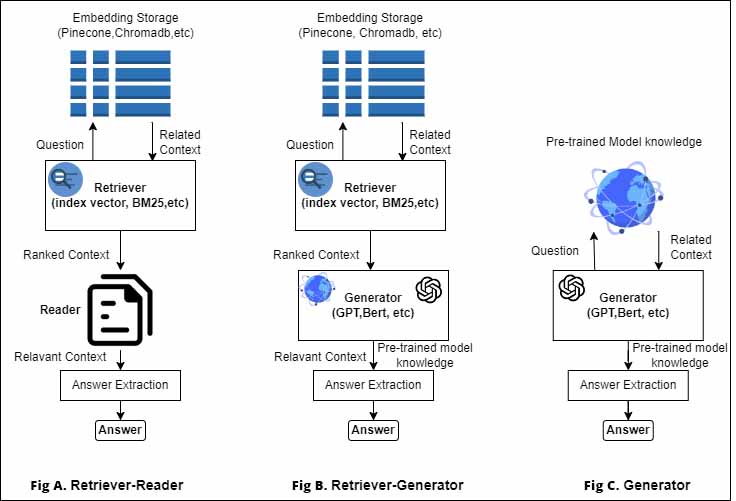
Source: nitorinfotech.com
2. Increased Accuracy
AI excels in giving right information more accurately. Traditional search often leaves you with unreliable results. AI systems use lots of knowledge and learn to produce more reliable information. Their algorithms assess lots of sources for accuracy before showing an answer, so you have better odds of finding truthful, up-to-date details, that you can be certain about. This reliability builds confidence. Think about it — knowing what you get is the truth can give a sense of security when dealing with facts.
3. Personalized Experiences
AI tools are customized to fit our needs and tastes. These systems learn about us through past interactions. They can give tailored answers for every individual, suggesting better fitting options and creating experiences that feel very personal. Imagine finding the best products for you based on what you like – the system analyzes your behavior to guide you towards what might interest you most.
4. 24/7 Availability
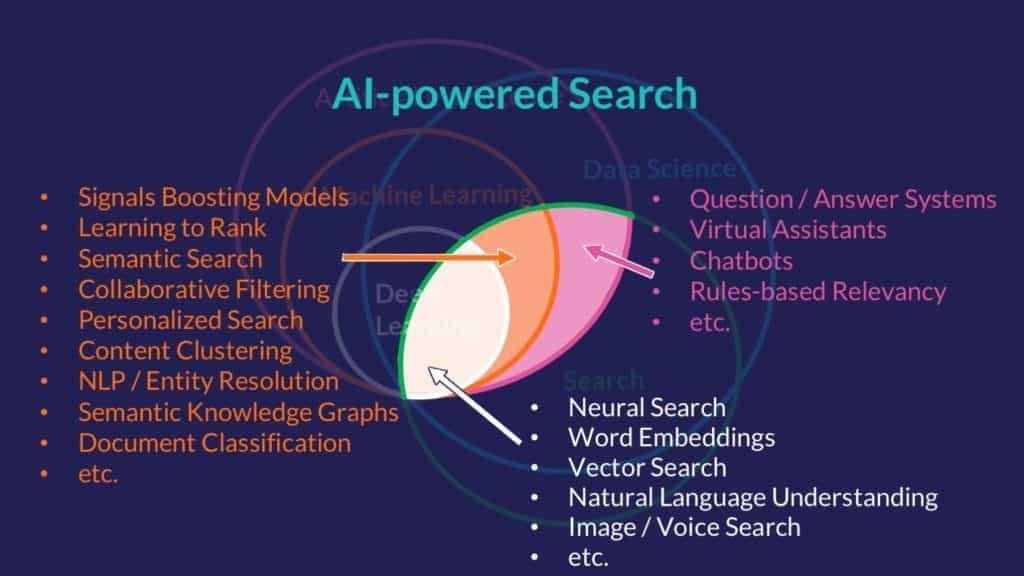
Source: lucidworks.com
AI-powered platforms work around the clock! It’s an essential perk of these advanced solutions – whenever you need an answer, they’re always ready, providing continuous assistance. Whether it’s late at night or on a weekend, you always have a system there that gives quick results. It means fewer limitations on access, making assistance easier and convenient.
5. Enhanced Accessibility
Accessibility expands to everyone, improving access to vital info for those needing support, assistance, or clarity on a subject. AI solutions aim to be understood and used by all individuals regardless of background or skills – with a user-friendly approach. Think about those without access to specialists, or that can not read complicated content—an AI tool helps them get crucial answers simply, more directly, rapidly. By using a universal method, more individuals can find answers quickly and effortlessly.
How AI is Revolutionizing Question-Answering: 7 Key Ways
1. Natural Language Processing for Seamless Interactions
AI question-answering systems are now fluent in human language. They translate our messy, conversational questions into precise search terms. Imagine asking, “What’s the best Italian restaurant near me?” The AI quickly parses this, finds “Italian restaurant,” “nearby,” and “me.” This ability, based on natural language processing (NLP), eliminates the need for highly specific keyword searches. This makes the process simple and more human-like, boosting efficiency significantly. This is more straightforward than prior systems requiring explicit queries.
2. Voice Search Integration for Hands-Free Convenience
Voice assistants, powered by AI, offer a truly hands-free approach. Simply asking your phone, “What’s the weather tomorrow?” immediately returns information. This hands-free convenience revolutionizes the question-answering process, removing the typing aspect, ideal for various scenarios like driving or while engaging in daily activities.
3. Real-Time Information Updates
AI systems can ingest enormous amounts of information and keep it updated frequently. This means responses reflect real-time information. Information that updates rapidly, like stock prices or sports scores, is readily accessible within seconds. Imagine news that reflects ongoing, instant happenings, updating on the spot and changing rapidly; this is now possible thanks to real-time information updates.
4. Integration with Smart Devices and IoT
Smart devices, part of the Internet of Things (IoT), connect with AI platforms. The data collected can empower precise answers from these platforms. You ask, “What is my refrigerator temperature?” and the AI system fetches it without needing manual input from the appliance itself. The ability of these smart devices, via this connectivity, boosts interaction, saving you time by supplying precise information. This is rapidly transforming data usage.
5. Advanced Data Analytics for Enhanced Insights
Modern AI goes beyond simply retrieving answers. Advanced analysis reveals connections between pieces of data. For example, with comprehensive data analysis of weather reports, an AI could estimate the probability of an extreme weather event affecting a specific region—delivering predictive information about risks beyond basic reports. Analyzing large data pools reveals deeper patterns, making predictions much more reliable and relevant to people’s lives. This detailed understanding is significantly improved, transforming how AI processes queries.
6. Contextual Understanding for More Relevant Results
AI is more intelligent, as it comprehends context and the person’s purpose. If you are searching for nearby pet stores, and just previously searched for a cat collar, the AI recognizes this context and directs search results appropriately; delivering relevant recommendations without your additional specification. These tailored experiences drastically impact search outcomes; the results feel uniquely adapted to you. This personalized, tailored nature greatly improves satisfaction. Context matters, vastly improving the outcome.
7. Continuous Learning and Improvement
AI is never static; AI systems are always learning. As they encounter new data and human-generated content, AI platforms learn to enhance responses and generate more human-like interactions; continuously evolving their ability to generate informative and highly practical outcomes from even the simplest inputs. Constant training ensures ongoing relevance, precision, and improved interaction; their performance improves significantly over time, adapting in real-time, reflecting progress.
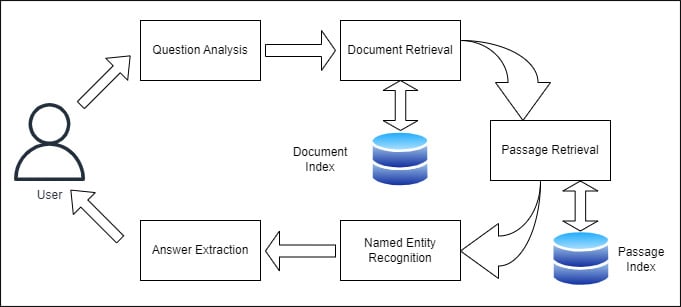
Source: nitorinfotech.com
Is AI the Answer? Exploring the Impact on Q&A Demand and Supply
AI is changing how people get answers. The demand is exploding. Companies are rushing to develop AI-powered Q&A systems. This shift is causing a lot of excitement. But, some problems still exist with getting totally correct answers.
Growing Demand for AI-Powered Solutions
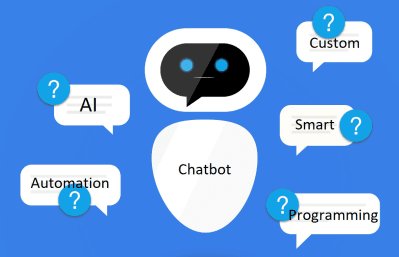
Source: airdroid.com
People love how easy and fast AI can provide answers. They don’t want to search endlessly or spend a lot of time figuring things out. Over 50% of users, according to some reports, now prefer AI for basic questions. AI chatbots provide instant solutions. That’s attractive. The immediate access and vast amount of data help fuel this huge demand. This growing reliance on AI solutions keeps pushing the evolution of innovative Q&A platforms.
Evolving Supply of Innovative Q&A Platforms
Lots of new AI-powered Q&A tools are appearing all the time. More businesses, tech companies, and even individuals are developing systems for quicker question answering. AI-powered question answering tools help companies deal with many requests fast. This supply means improved accuracy and user experience. And competition makes those tools keep improving. New tools are being made all the time to fight the big problems and new chances arise from this pressure and fast response time.
Challenges in Meeting the Demand for Accuracy and Bias Mitigation
The rush for making AI-powered answers sometimes produces faulty or misleading results. Making sure AI models are really right can be tricky. Another big problem: fixing any biased viewpoints the AI has. Removing those unwanted views is critical. Ensuring the AI doesn’t present a biased or flawed image of anything is key for successful question answering. Ensuring answers are objective and helpful needs continuous improvement and upgrades to systems, constant testing, and adjusting standards and measurements. According to Global Market Insights (2023), while AI-based Q&A solutions see high growth, improving data accuracy and combating biases remain pressing challenges.
One approach is to use multiple AI models. Another method is giving extra training and practice to AI to avoid bias. Having lots of data for learning, lots of testing, and review and updates make improvements and updates possible. Also, training the AI models on datasets that are inclusive is needed. Improving their quality and adding better filters could lead to better reliability of the answers provided.
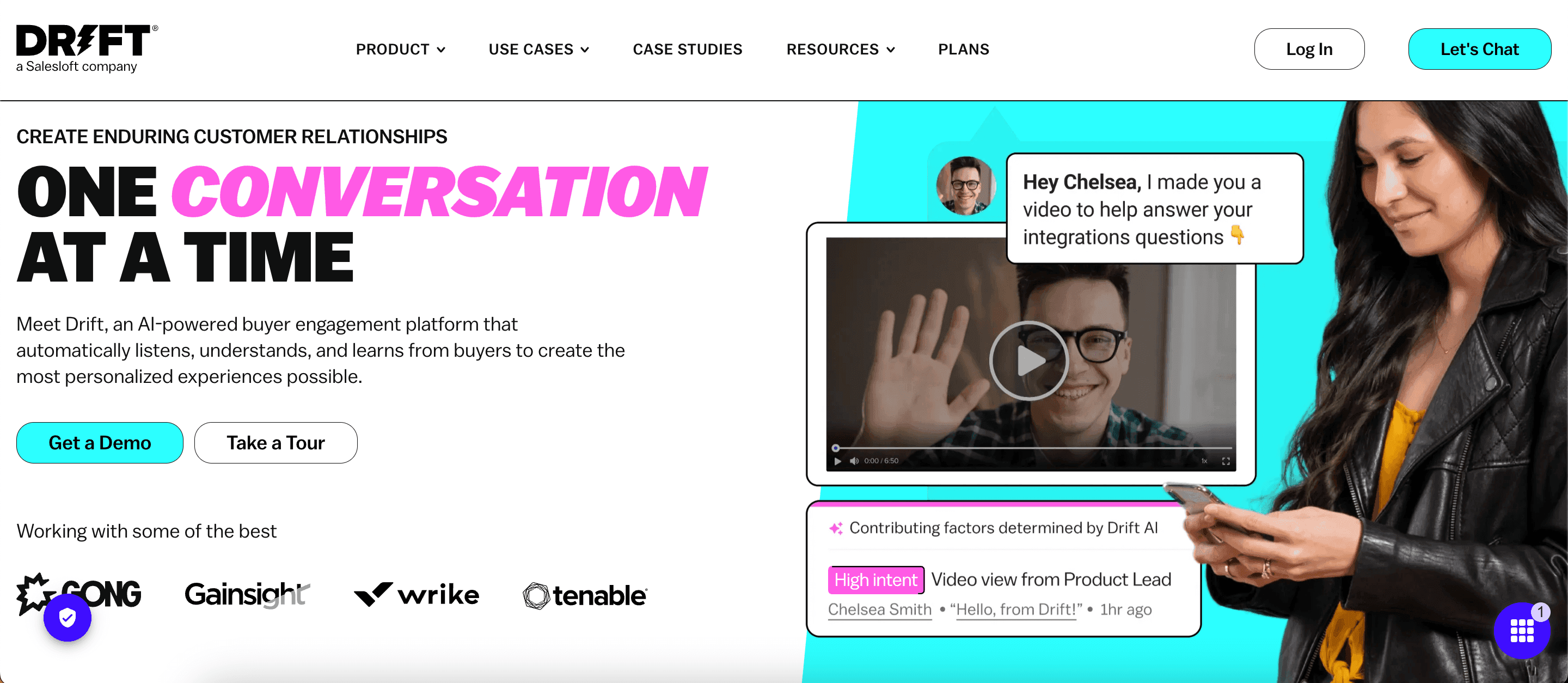
Source: framerusercontent.com
Another difficult problem is to improve accuracy on details and knowledge related to specialized fields like medicine, law, or finance. It’s hard for an AI to understand very complex things quickly or give the exact right answers. The ability of the AI to gather information from trustworthy resources needs more strength. Making these tools more capable to differentiate credible sources of information helps fix that. The demand and supply sides keep shaping each other, in constant interaction with user demands and AI capabilities.
Comparing Leading AI Q&A Platforms: Google Assistant vs. Amazon Alexa
AI virtual assistants, like Google Assistant and Amazon Alexa, are quickly becoming central to our daily lives. They both answer questions, set alarms, and manage our smart devices. But what are the key differences? Let’s dig in.

Source: website-files.com
Accuracy and NLP Capabilities
Both Google Assistant and Alexa use natural language processing (NLP). Their accuracy is remarkable, given the amount of data these systems have access to. Alexa often feels a bit simpler, but that depends on your skill with commands. Google Assistant is noticeably better in responding to complex questions or tricky commands. The sophistication is important here and often determines user experience.
Integration with Other Products and Services
This is a huge differentiator. Google Assistant deeply integrates with the vast Google ecosystem: Gmail, Google Maps, Google Drive, YouTube and other Google products. Alexa, on the other hand, ties directly into the Amazon world. Buying things, music, smart home controls are its main purpose.
This difference is crucial. For folks already entrenched in Google’s empire, switching over will provide many advantages, while a huge percentage will not be so benefited because of less useful features, especially those using Apple or other major brands products and services.
User Experience and Interface Design

Source: springernature.com
Google Assistant is usually described as smoother and more effortless to use. It gives quick answers in an efficient style. Alexa tends to feel less fluent; it can sound a bit repetitive and clunky compared to Google. Perhaps because of the nature of the Amazon service design, where many skills can sometimes clash together if the input words are unclear.
This results in more frustrated users using Alexa in daily tasks and interactions. Google’s seamless connection in most applications enhances a lot of usability.
Privacy and Data Security Considerations
Both assistants record and analyze your interactions to improve over time. Google’s system is sometimes seen as gathering information to sell ads. Some sources say this can compromise some data protection policies. But overall Google collects more than others to provide superior, personalised experiences.
Amazon faces criticisms concerning data privacy because of their business focus. The user needs to weigh their expectations and values against the experience. People should take seriously the question of how they want to control their personal data, including who sees and uses it. There are several reports claiming violations in terms of data privacy, so these features should be clearly distinguished by consumers and buyers.
Ultimately, the best choice for you depends heavily on which services and devices you already have. Google is best with its existing eco-system, and Alexa offers more focus on an entirely separate, well known eco-system. These features should not be seen as a compromise, because the AI is already sophisticated enough in their accuracy for your uses in several ways.
What Does the Future Hold for AI Q&A?
AI question-and-answer systems are changing rapidly. Imagine a future where getting precise, quick information is as simple as asking a question. This isn’t science fiction; it’s a realistic prospect, especially given current AI advances. The improvements coming in the field aren’t minor tweaks; they’re substantial upgrades that promise to completely reshape how people access knowledge.
Advancements in Natural Language Understanding are crucial here. Today’s AI can grasp simple requests, but tomorrow’s AI will interpret nuances and subtleties in language with impressive accuracy. They will know what you meant, not just what you said. This translates to more accurate answers, reducing frustration and confusion. Think about how you’d communicate better, clearer, with a new system understanding complex tones and subtleties within your queries. This better comprehension directly impacts the effectiveness of AI Q&A.
Expansion of Knowledge Bases is another vital part. Future AI will be able to combine data from multiple sources—everything from articles to real-time feeds. Imagine having all that information readily accessible, seamlessly processed, available with every question. The potential increase in knowledge access could be monumental. This approach drastically broadens the scope of potential knowledge accessible via the system, creating an incredibly vast knowledge base to draw from, unlike previous single sources or limits on current bases.
Ethical Considerations and Responsible AI are not just nice-to-haves—they’re absolute necessities. Bias in the underlying data or algorithmic design will manifest in unfair or skewed outcomes in AI Q&A systems. Future AI development must prioritise these concerns and strategies, putting processes to actively weed out prejudice to get a result from the database with the most fair result that minimizes bias and maximizes quality. Protecting the user’s privacy in accessing that wealth of knowledge is paramount; security is not negotiable for personal user info being stored. Systems must be carefully crafted to prevent potential misuse or unwanted outcomes, or unethical results in answering users queries from this broad range of data, thus leading to possible harm.
Integration with Emerging Technologies is a pivotal area. Expect AI Q&A systems to interface with more advanced tools and techniques. Augmented reality, virtual reality, and even data-visualization technologies are all potentially valuable enhancements. Think about a Q&A system linked with interactive graphics for visualization or that integrates augmented reality (AR) to superimpose details on what users inquire into with more detailed understanding and explanations about a situation for any kind of complex question about anything, potentially including complex subject-matters. Imagine complex and sensitive matters for human well-being, such as, specific complex, medical or biological questions handled precisely, not leaving much for personal opinions and less relying on opinions by integrating better into technology that enhances user comprehension and precision about complex situations. The combined effect promises greater versatility and depth, producing powerful results.
Overall, the future of AI Q&A systems seems poised for a large amount of improvement. With rapid advancement of technologies in many diverse fields, the future for an increased speed in information seeking could very quickly happen in the next several years, significantly influencing not only research but also a wide range of user and industry applications with increasing efficiency in providing fast and dependable, efficient answers with access to previously unheard-of detail to specific requests. More than ever, ethical concerns, transparency of information processes, user privacy, must be at the heart of this evolving tech for reliable AI use.
Unlocking Knowledge with AI: The Transformative Power of Q&A Platforms
AI-powered Q&A platforms are changing how we get answers. They’re making information super accessible, from simple daily questions to complicated research stuff. This is revolutionizing not just how we use information, but entire industries too.
These platforms aren’t just another way to search online. They’re like personal assistants for knowledge, always ready with a fast and reliable answer. They process a massive amount of data, identifying the most helpful information in a matter of seconds. The key advantage is that they get very specific. Traditional search engines might return lots of options, making finding what you need slow and difficult. AI-powered platforms cut right to the core details with efficiency. This fast, filtered access to knowledge will only grow better in the future. Expect them to be more intelligent and answer with better explanations, and possibly better prediction in time to come.
Empowering Users with Seamless Access to Information
Imagine a world where you could find any piece of info easily. AI is getting us there. These systems learn user needs, adjusting and responding for future situations, as this continuous learning drives increased efficiency in search for people. Users need not scour the web anymore. Platforms that employ advanced natural language processing give accurate answers quickly to many kinds of questions, covering virtually any question in life, whether simple or complex.
These tools are helping many different tasks: homework help, research tasks for business proposals, understanding detailed documentation from multiple companies and projects.
Think about the huge shift in access, not just to more people or areas of research, but to new possibilities in getting answers faster, potentially empowering students with educational help, as well as creating more convenient tools for researchers. Imagine these powerful and convenient tools assisting you or someone you know in researching and tackling different daily problems for quick results.
Driving Innovation and Reshaping Industries
These platforms are significantly altering different areas. Imagine customer service apps that handle issues directly, or teaching assistants that work quickly to deliver solutions to school tasks and research areas.
Companies across various industries now depend on detailed, timely information from these platforms, making their operations quicker, and therefore making business processes smoother overall.
By letting more individuals or groups access information readily, we may also observe that knowledge is used better in different contexts such as business planning, scientific study, creative writing, social science research, among many other potential and already available fields.
The Role of AI in Shaping the Future of Q&A
AI has immense potential for personal assistance tools, acting like highly sophisticated research aides to users for any field or query type. These systems adapt based on user history and preferences. Consider your use case and potential improvements on AI Q&A based on new requirements or future uses of this powerful tech in everyday activities or more technical work. This development makes every knowledge-based process more focused and detailed, leading to potentially far more refined outcomes or even predictions of the future. Predictions from Q&A tools will likely see significant boosts from further AI developments.
For experts, it simplifies detailed research to deliver effective insight more readily to specific use cases in areas such as scientific, technical or artistic tasks, etc.
These advanced systems could potentially influence human-knowledge exchanges between people or even machine interactions on different platforms across various subject areas.


